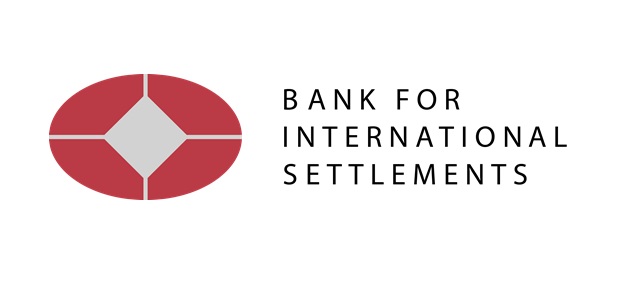
The authors of the BIS working paper no. 1157 investigates how fintech credit, which includes peer-to-peer and marketplace lending, as well as lending by major technology firms, responds to monetary policy changes. This is a relevant question given the rapid growth of fintech credit worldwide, particularly in countries like China, Korea, Malaysia, and Kenya, where it comprises up to 5% of total credit.
Fintech credit, which includes peer-to-peer and marketplace lending as well as lending facilitated by major technology firms, is witnessing rapid growth worldwide. However, its responsiveness to monetary policy shifts remains largely unexplored. This study employs a novel credit dataset spanning 19 countries from 2005 to 2020 and conducts a PVAR analysis to shed some light on the different reaction of fintech and bank credit to changes in policy rates.
The authors discusses three key differences between fintech and bank credit that could influence their respective responses to monetary policy shocks: the use of data vs physical collateral, distinct regulatory frameworks, and the advanced monitoring and screening capabilities of fintech and big tech lenders.
Findings
„Our primary finding reveals that fintech credit shows a lower (and statistically non-significant) responsiveness to monetary policy shocks compared with traditional bank credit. This result is consistent with a substitution effect of bank credit with fintech credit in response to a monetary tightening. It also suggests that the „collateral channel” has a limited impact on fintech credit. Concerning its current macroeconomic significance, we document that fintech credit contributes to less than 2% of the variability in real GDP. In contrast, bank credit accounts for approximately a quarter of this variability.” the authors concludes.
More details here: BIS Working Papers No 1157 – Fintech vs bank credit: How do they react to monetary
policy?
Cristina Manea, Economist at the Monetary and Economic Department of BIS, is one ot the authors of the Working Paper. Cristina joined the BIS in September 2022. Her research focuses on monetary policy strategy, macro-financial linkages and monetary-fiscal interactions, while her policy work features in notes for the BIS bimonthly meetings. She worked in the past for the European Central Bank and the Deutsche Bundesbank, and visited the Federal Reserve Banks of Kansas City and San Francisco as an American Economic Association Fellow. Cristina holds a PhD in Monetary Economics from Universitat Pompeu Fabra in Barcelona co-advised by Jordi Gali and Alberto Martin.
Banking 4.0 – „how was the experience for you”
„To be honest I think that Sinaia, your conference, is much better then Davos.”
Many more interesting quotes in the video below: